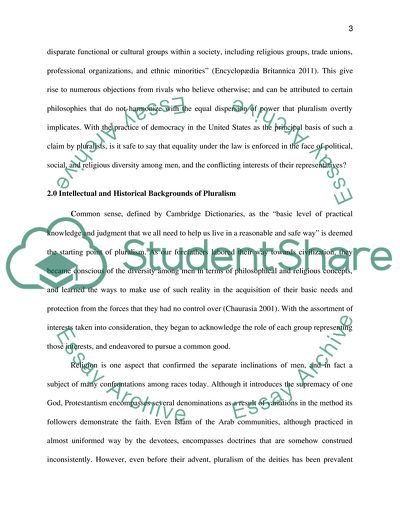Cite this document
(IMPLICATIONS OF PLURALISM AND THE DISPERSAL OF POWER IN THE UNITED Essay, n.d.)
IMPLICATIONS OF PLURALISM AND THE DISPERSAL OF POWER IN THE UNITED Essay. https://studentshare.org/politics/1575737-how-relevant-are-pluralist-theories-of-the-state-in-todays-world
IMPLICATIONS OF PLURALISM AND THE DISPERSAL OF POWER IN THE UNITED Essay. https://studentshare.org/politics/1575737-how-relevant-are-pluralist-theories-of-the-state-in-todays-world
(IMPLICATIONS OF PLURALISM AND THE DISPERSAL OF POWER IN THE UNITED Essay)
IMPLICATIONS OF PLURALISM AND THE DISPERSAL OF POWER IN THE UNITED Essay. https://studentshare.org/politics/1575737-how-relevant-are-pluralist-theories-of-the-state-in-todays-world.
IMPLICATIONS OF PLURALISM AND THE DISPERSAL OF POWER IN THE UNITED Essay. https://studentshare.org/politics/1575737-how-relevant-are-pluralist-theories-of-the-state-in-todays-world.
“IMPLICATIONS OF PLURALISM AND THE DISPERSAL OF POWER IN THE UNITED Essay”. https://studentshare.org/politics/1575737-how-relevant-are-pluralist-theories-of-the-state-in-todays-world.


